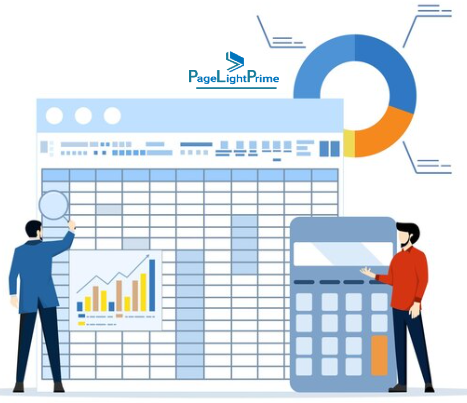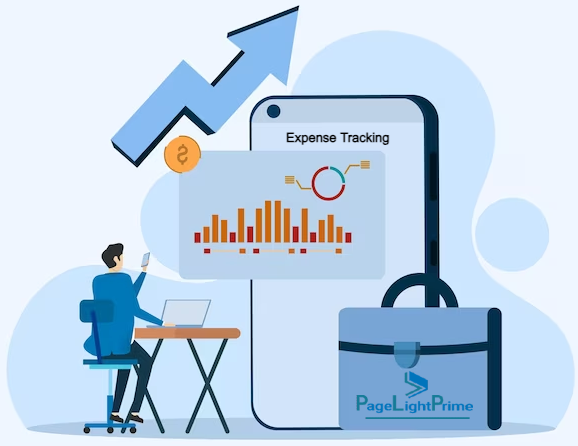Tailoring accounting software to meet law firm requirements
In the dynamic landscape of legal practice, where each firm operates with its distinct workflows, case types, and client expectations, a one-size-fits-all approach seldom suffices. This is especially true when it comes to legal accounting—the backbone of any successful law firm. As law firms increasingly embrace technology, the customization of legal accounting software has emerged as a critical strategy to align financial processes with the unique needs of each practice.
Written by Knowledge Team, posted on November 30, 2023

The Importance of Customization
Legal accounting involves intricate processes, from trust accounting to client billing, expense tracking, and compliance reporting. While off-the-shelf accounting software may offer general functionalities, customization is the key to addressing specific requirements. Whether you specialize in family law, corporate litigation, or real estate transactions, tailoring your legal accounting software ensures that it becomes an asset rather than a generic tool.
Understanding Your Firm’s Unique Requirements
Before embarking on the customization journey, it’s crucial to identify and understand the unique requirements of your law firm. Engage key stakeholders, including accountants, attorneys, and support staff, to gain insights into the intricacies of your firm’s financial operations.
Customization Steps
Customizing the Chart of Accounts
The foundation of any accounting system is the chart of accounts. Tailoring this chart to reflect the specific needs of your law firm is the first step in customization. Create account categories that mirror your practice areas, client matters, and expense types. This not only streamlines the data entry process but also enhances the accuracy of financial reporting, making it more relevant to your firm’s structure.
Adapting Client Billing Structures
Law firms often have diverse client billing structures, including hourly rates, flat fees, and contingency arrangements. Customize your legal accounting software to accommodate these variations seamlessly. Implement law firm billing software that allow for easy tracking of billable hours, automated generation of invoices, and integration with case management systems to ensure consistency in client billing.

Ensuring Trust Accounting Compliance
For firms handling client trust funds, compliance with trust accounting regulations is paramount. Customize your software to enforce compliance measures, including three-way reconciliation, automated client fund disbursement, and generation of compliant reports.
Integration with Case Management Systems
A seamless flow of data between your legal accounting software and practice management software is essential for operational efficiency. Customize integration points to ensure that relevant financial data, such as case numbers, client details, and billing information, is synchronized effortlessly.

Streamlining Expense Tracking and Reporting
Customization can significantly streamline expense tracking. Implement automation for expense categorization, capturing relevant details such as client matter, case type, or project code. Tailor reporting functionalities to generate expense reports that align with the specific requirements of your firm and facilitate transparent communication with clients.
User Roles and Permissions
Different roles within a law firm require varying levels of access to financial data. Customize user roles and permissions to ensure that sensitive financial information is accessible only to authorized personnel.

Adapting to Changes and Training Programs
Adapting to Regulatory Changes
Legal accounting is subject to evolving regulations. Customize your software to adapt swiftly to changes in accounting standards, tax laws, and industry-specific regulations.
Training Programs for Efficient Use
Customization is not solely about the software; it’s also about empowering your team to use it effectively. Develop customized training programs that focus on the specific features and workflows relevant to your firm’s configuration.

Monitoring and Iterative Customization
Customization is an iterative process. Establish monitoring mechanisms to track the effectiveness of your customized legal accounting software continually. Gather feedback from users, identify pain points, and be prepared to adjust. This agile approach ensures that your software remains a dynamic and responsive tool that evolves with the changing needs of your law firm.
Conclusion: Tailoring Success with Customization
In the competitive landscape of legal practice, the ability to adapt and tailor tools to your firm’s unique needs is a strategic advantage. By taking the time to identify, implement, and refine customizations, your firm can navigate the complexities of legal accounting with precision and efficiency. Embrace customization as a catalyst for growth and watch as your legal accounting software becomes a tailored solution, perfectly attuned to the rhythm of your firm’s success.
